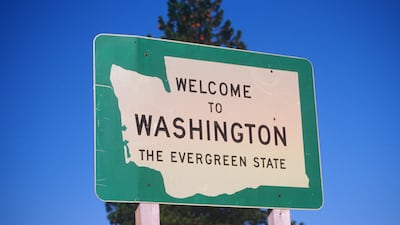In separate reports on FDA's budget, House and Senate funding committees both say they are "significantly concerned" about FDA's progress to permit marketing of new sunscreen ingredients to be made available.

US FDA's Sunscreen Progress Gets Dim Review From Congressional Appropriators
House and Senate appropriators' take note that US FDA has not approved an additional OTC sunscreen ingredient since the 2014 passage of the Sunscreen Innovation Act.

More from Legislation
The Washington State Department of Ecology publishes ‘Interim Policy on Lead in Cosmetics’ which provides safe harbor options for cosmetic products struggling with the 1ppm limit under the state’s Toxic Free Cosmetics Act, while the department gathers information under a newly opened rulemaking to ‘identify a feasible approach to regulating lead in cosmetic products.’
The Washington Department of Ecology hasn’t backed down on its targeting of formaldehyde-releasing preservatives under the state’s Toxic-Free Cosmetics Act, as industry still awaits a draft final rule. In a recent webinar, attorney Angela Deisch of Amin Wasserman Gurnani, LLP said the department has also not provided clarity on penalties under the law, which goes into effect 1 January.
The FDA's current leader, whose term will end with Donald Trump’s second inauguration, also described three qualities the agency’s next commissioner will need to succeed, including "believing that there is such a thing as expertise."
Whether Democrat Harris or Republican Trump is in White House or which party has majority in either chamber of Congress, the FDA’s conundrum will continue around a regulatory pathway for allowing use of ingredients derived from hemp in supplements.
More from Policy & Regulation
FDA publishes the first proposed rule under the Modernization of Cosmetics Regulation Act – a testing method for detecting asbestos in talc-containing cosmetics.
The Washington State Department of Ecology publishes ‘Interim Policy on Lead in Cosmetics’ which provides safe harbor options for cosmetic products struggling with the 1ppm limit under the state’s Toxic Free Cosmetics Act, while the department gathers information under a newly opened rulemaking to ‘identify a feasible approach to regulating lead in cosmetic products.’
Many small US and independent beauty brands are still unfamiliar with the Modernization of Cosmetics Regulation Act, as are owners of beauty brands based outside the US; the lack of education about the regulation is making many stakeholders at risk for non-compliance.





